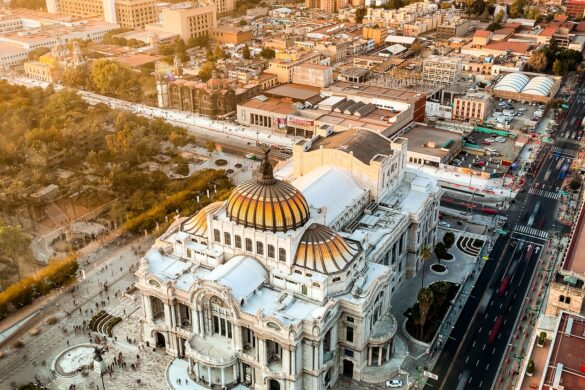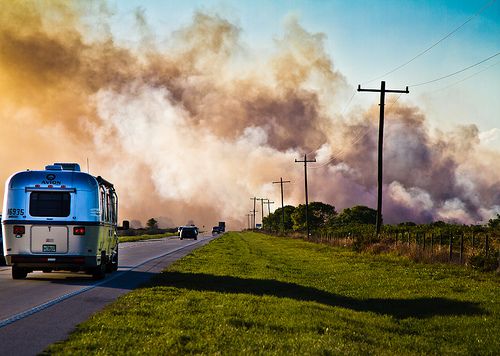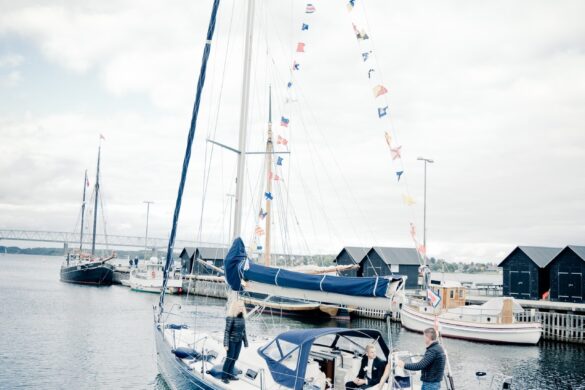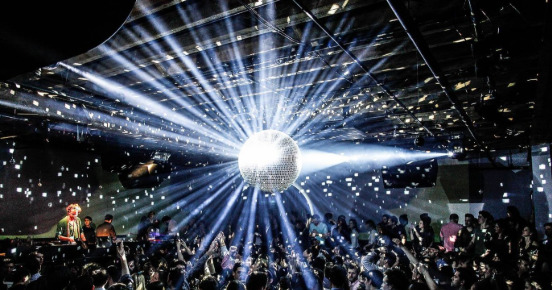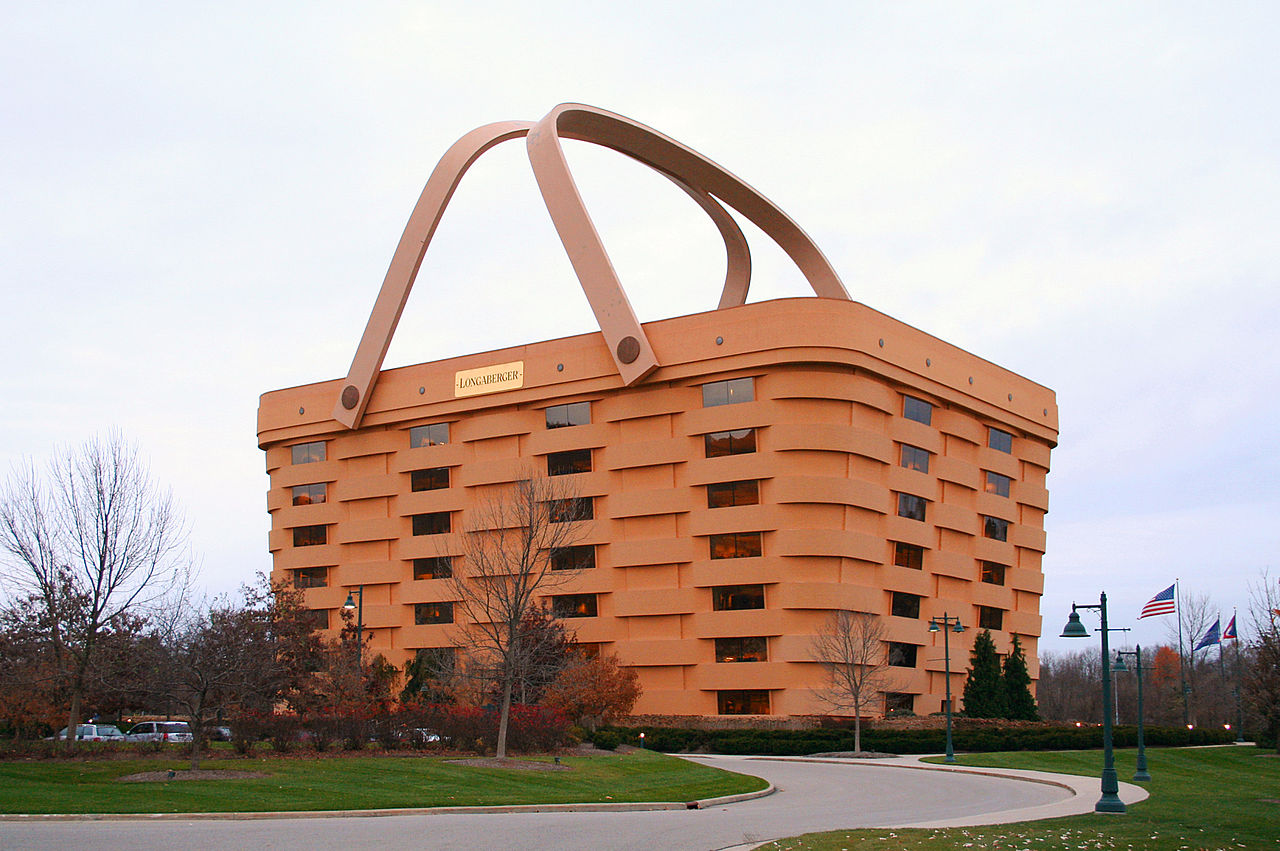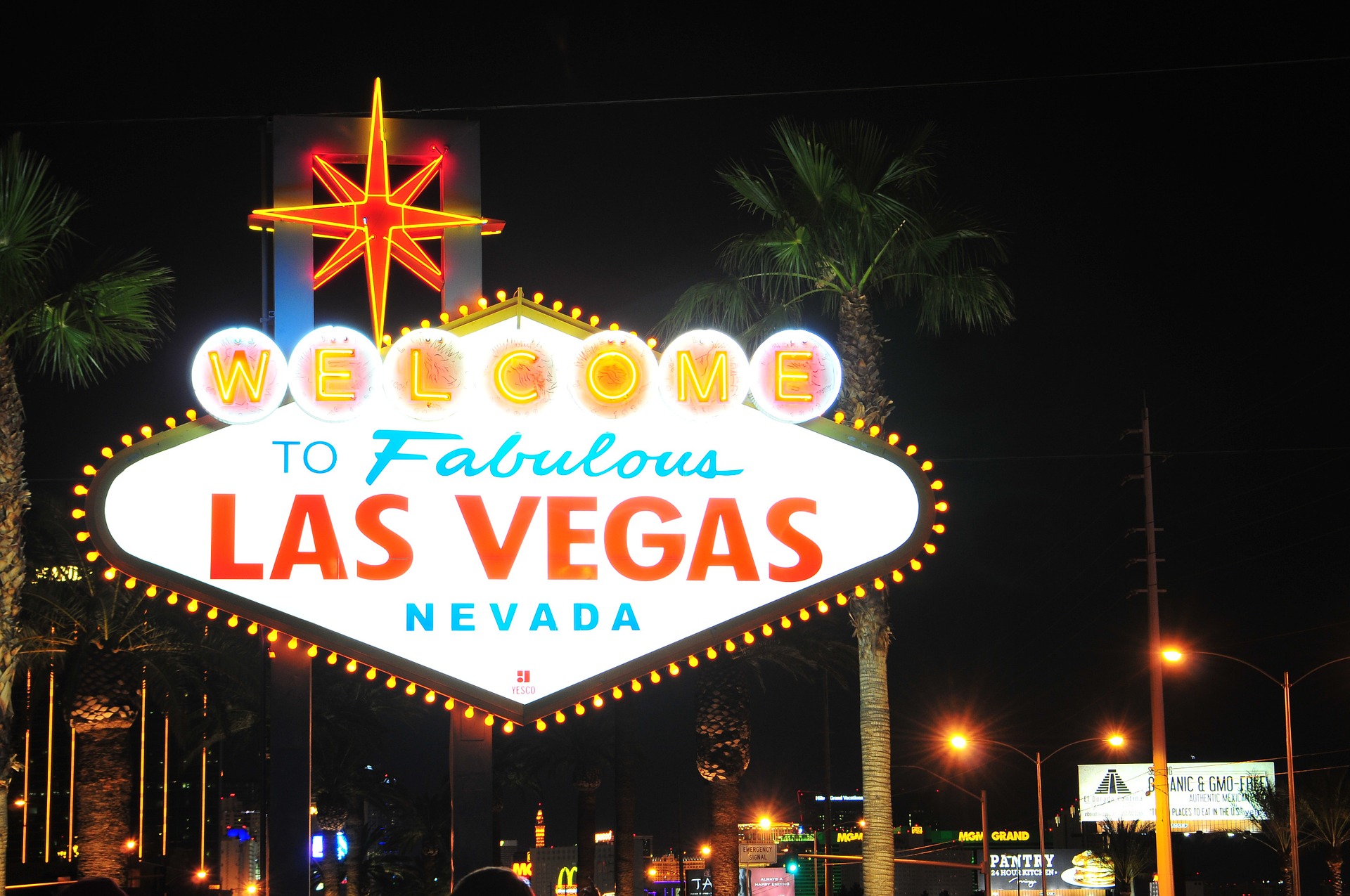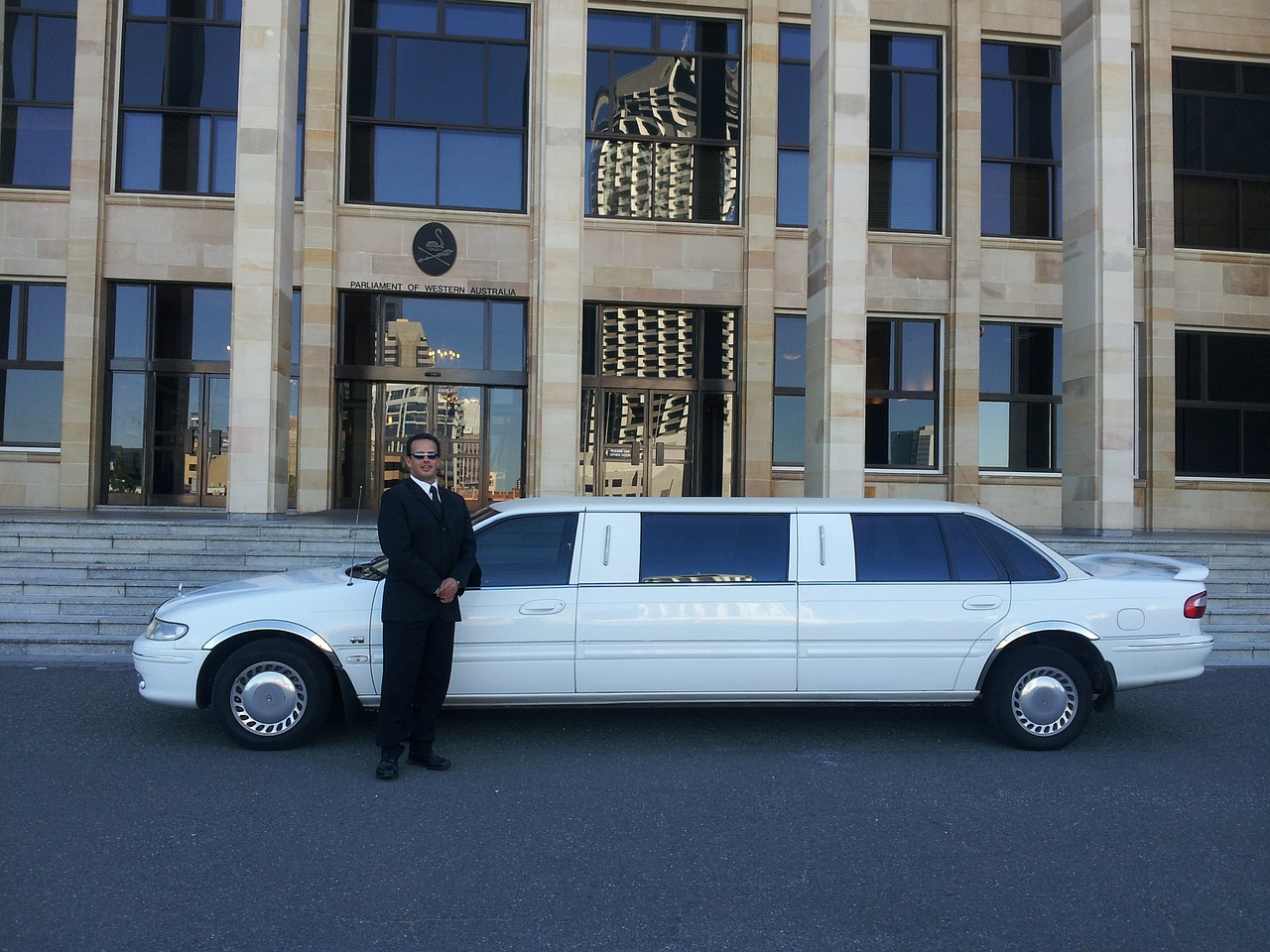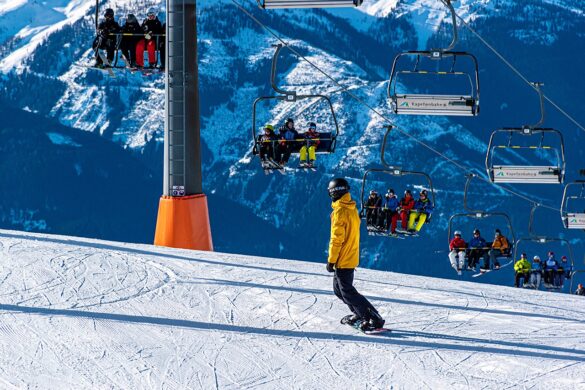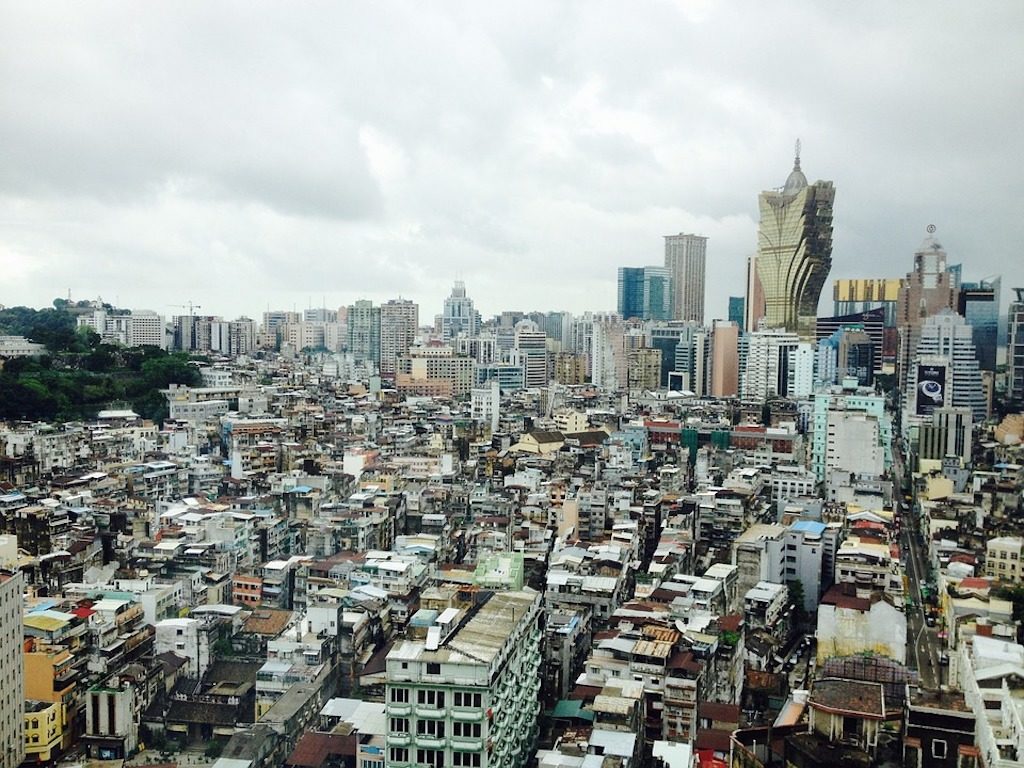
Since 1999, the Special Administrative Region of the People’s Republic of China, Macau has enjoyed something of a renaissance.
Since the mid-16th Century, this city just off the southern coast of mainland China had been a colony for the Portuguese, who viewed the region as a key trading post to build links between the Far East and the Mediterranean. However, on the eve of the Millennium, it was decided to transfer the balance of power back to the People’s Republic, on the proviso that Macau remained an individual governing and economic state to that of the mainland.
Over the last two decades, Macau has undergone an enormous transformation. It has rapidly become a city with one of the highest per capita incomes on the planet. It’s also become the world’s most densely populous city, with some 48,003 people living within every square mile of the city’s boundaries. This has made Macau one of the most intoxicating cities on the planet in terms of stimulating the cultural senses. If you’ve never hard of Macau, read on to discover what makes this place so unique.
It’s the birthplace of fusion cuisine
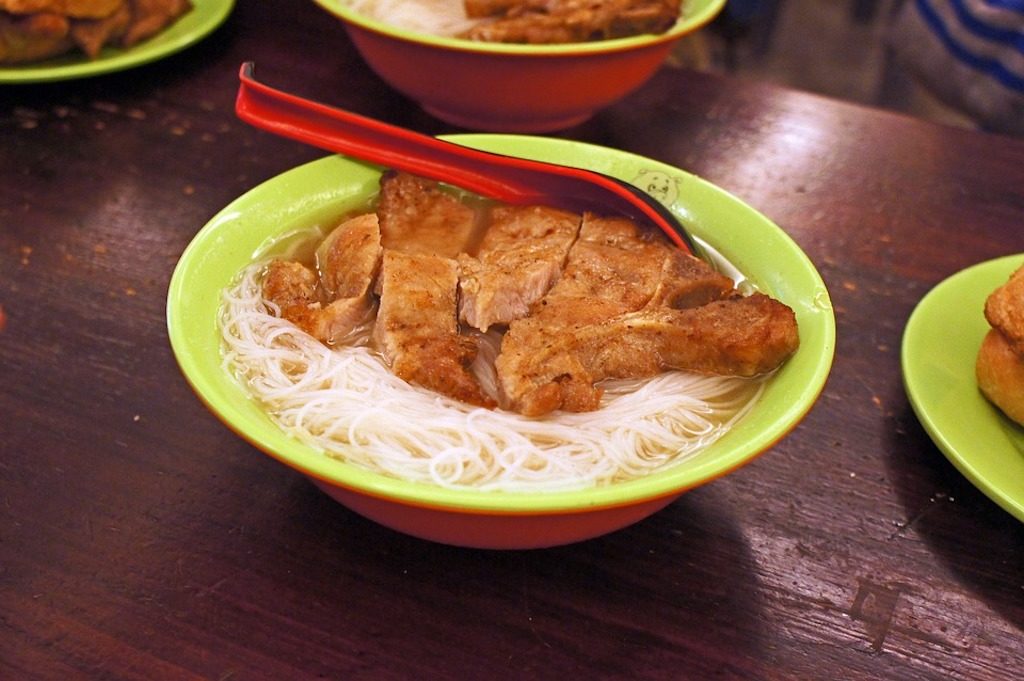
Macau was the first and only European colony in China. It was the city where east truly did meet west, both in architecture, language and culture.
In fact, Macanese cuisine is considered to be the birthplace of “fusion” food – where a blend of Portuguese and Chinese flavors and cooking techniques combined to create unique dishes that locals would take to their hearts. Minchi, a dish of minced flavoured meat, topped with a runny fried egg, is considered Macau’s national dish. For a true Macanese culinary experience, visit “Riquexo”, which is still operated by Aida de Jesus, who has remarkably lived in the city for more than a century.
The city is dominated by real-money gaming
Macau is increasingly recognized as the “Vegas of the Far East”, when in reality Las Vegas should now be called the “Macau of the West”. That’s because Macau has well and truly become the real-money gaming capital of the world, with casino revenues overtaking those in Nevada way back in 2007. Since then, Macau’s revenues have grown to become seven times greater than those registered in “Sin City”.
Despite the gambling comparisons, there are clear cultural differences between Macau and Vegas. First and foremost, people don’t come to Macau to party. Vegas is increasingly recognized for its world-class night clubs. Rather than fine dining and shows, they enjoy the casino games too much to think about doing anything else.
It’s even possible for Macanese locals to place wagers on pre-game and in-play sporting events. There are regulated portals that allow wagers on football and basketball games, so whether it’s the Miami Heat or Manchester United, sports betting is entirely possible in Macau, just like casino gaming.
The local government pays its permanent residents
As the Macanese economy benefits greatly from the city’s casino industry, the local government took the valiant decision to pay permanent residents of the city a yearly bonus from its casino taxes. This payment is worth 9,000 patacas, which is roughly $1,200. That’s a rather significant sum of money that could be put to good use for vacations, renovations and such like!
The Patua language is ‘critically endangered’ dialect
The remnants of Macau’s Portuguese rule mean that the city also has its own creole language – a fusion of Portuguese and Cantonese languages. Patua evolved through the decades as the primary language of Macau’s indigenous Eurasian settlers. On the turn of the millennium, it was deemed that just 50 people worldwide spoke Patua, deeming UNESCO to classify it as a “critically endangered” dialect. It’s yet another facet that underlines Macau’s unique personality.
Although Macau’s extravagant, over-the-top casinos are one of the first images you might see of the city, both online and offline, dig beneath the surface and you’ll find lots of history and charm that few cities in mainland China can offer.

